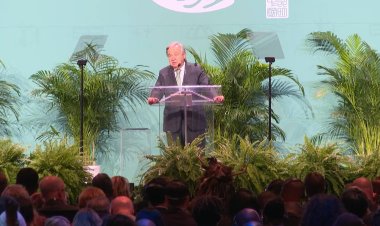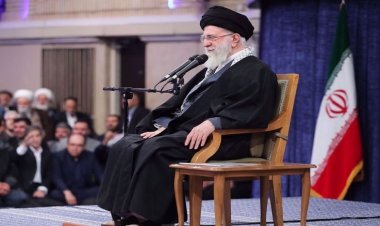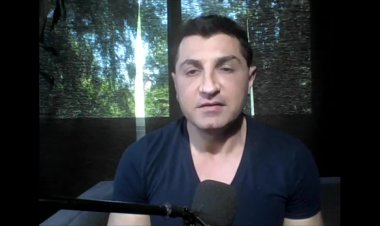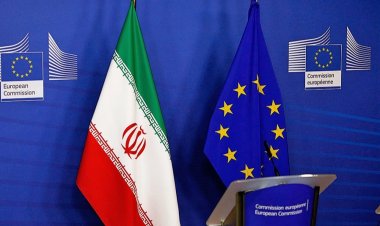Mali Faces Economic Struggles After Coup
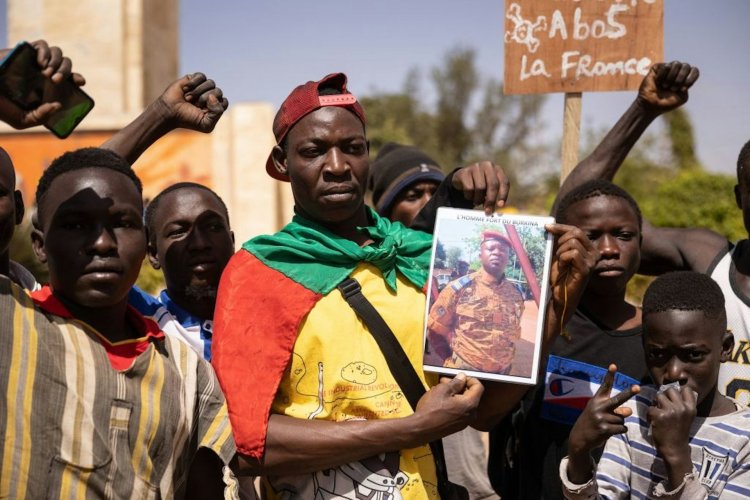
Four years after the military ousted Mali’s then-president from office and came to power, many residents say the economy is worsening and constant power cuts are further hurting businesses.
The August 2020 coup in Mali was set off by public anger with corrupt rulers backed by former colonial power France, a spreading jihadist insurgency and economic hardship. But many residents are still waiting for life to improve in the troubled West African nation.
The World Bank says economic growth in Mali is expected to slow to 3.1% this year from 3.5% last year, with extreme poverty levels rising. About 90% of Mali's population lives in poverty.
The August 2020 coup in Mali helped set off a wave of coups in the Sahel region south of the Sahara desert.
There have been eight coups in West and Central Africa since the one in August 2020 in Mali, including neighbors Burkina Faso and Niger, which are fighting the same jihadist groups linked to al Qaeda and Islamic State.
The current military rulers in Mali, who seized power in a second coup in 2021, have reneged on a promise to hold elections in February, postponing the vote indefinitely for technical reasons.
Mali’s military leaders, along with those in Niger and Mali, also kicked out French and U.N. troops that had been involved in fighting Islamist insurgents for a decade, and turned to Russia for help instead.
After some initial success, last month, Russian and Malian troops suffered one of their worst losses in a battle in northern Mali that the military junta blamed on bad weather.
Other residents say they remain hopeful, and view the current hardship as a necessary price of transition to greater independence from former colonial power France.





